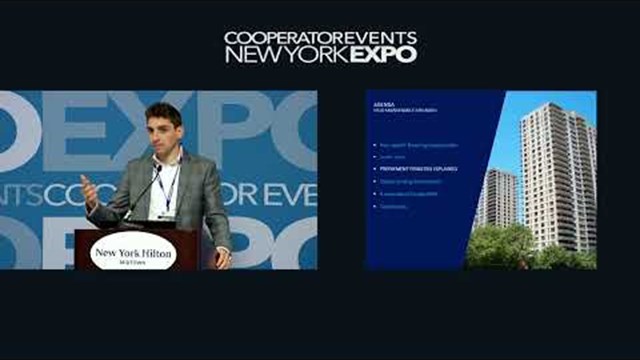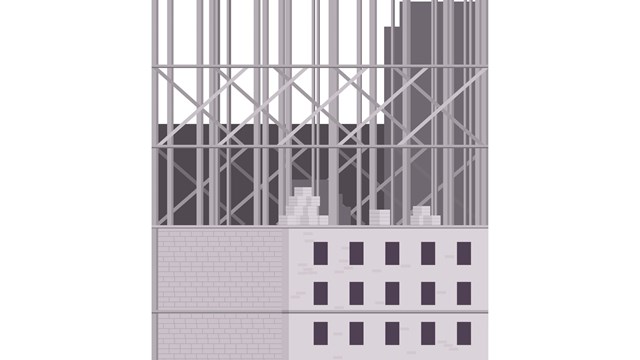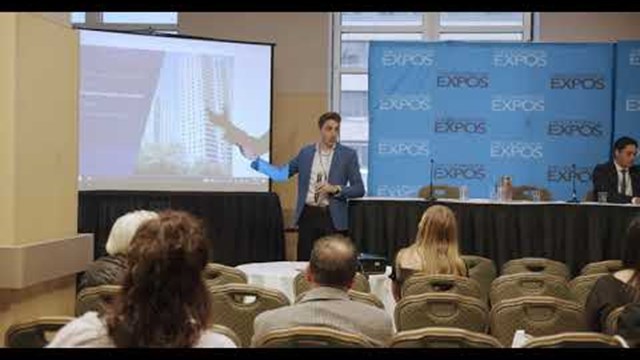Following the nationwide mortgage crisis, there is a lot of concern across the country about communities being faced with the prospect of foreclosure. Many states have enacted legislation relating to how to handle properties in arrears, what should happen to delinquent units and even to penalizing owners that have fallen behind in their payments.
Community associations suffering from the consequences of owners not paying their maintenance fees are now being faced with a new dilemma:
Deciding whether to foreclose on units with delinquent balances, or; Waiting patiently for financial institutions holding mortgages on delinquent units to foreclose.
The Question of Vengeance Foreclosures
Recently, some have questioned boards that take action to foreclose on these delinquent units, maintaining that they are acting out of vengeance. We ask, since when has a corporate board been criticized for properly exercising its fiduciary responsibility to its members?
Given there is a powerful legal remedy available to associations, why would that association prefer to stand idly by while financial institutions, whose interests are not aligned with the association, determine its financial well being? And when has a corporate board been questioned on properly exercising its fiduciary responsibility to its members?
Community associations have been given the legal right to foreclose a lien for unpaid assessments and the costs of their collection in substantially the same manner in which a mortgage of real property is foreclosed. Everyone who purchases a property that is subject to an association is informed of the association’s rights. In fact, in Florida, a seller is required to deliver those documents upon closing.
Fees are the Lifeblood of Associations
Maintenance fees are essential to the health and well being of associations as they pay for vital utilities, insurance, services and amenities. If owners don’t pay those fees, the burden for the ensuing delinquency falls squarely on the shoulders of “good paying owners.” The decision to foreclose is an important business decision, not an emotional one as some pundits have alleged.
We believe there are several good reasons why an association should move forward boldly including, if necessary, taking title to units.
If a delinquent unit owner continues to remain on the mortgage and title, he can more easily mount a protracted foreclosure defense further delaying the association’s collection of maintenance fees. Additionally, this exposes the association to increased write-off/bad-debt as it delays when a bank takes title. Association foreclosures are generally easier to move through the legal system as the only defense is payment.
In some cases, owners continue to pay their mortgage but cease paying maintenance fees to the association.
Once an association has acquired title to a unit, it is now in a strong position to rent the unit and recoup previously unpaid assessments and generate much needed cash flow.
New strategies that have been developed, including forcing the first mortgagee to finalize their foreclosure and take title, are only available if the association has taken title to the unit.
Debunking the Myths
There are also certain myths that need to be debunked regarding actions taken by associations to foreclose on delinquent units. An association takes the delinquent unit subject to the mortgage but does not assume the mortgage or become responsible for payment following its foreclosure. However, an association should insure a unit to which it has taken title to protect the association, especially if it plans to put a renter in the unit, generally a minimal expense.
The reluctance to foreclose on delinquent units is often due to the belief that a foreclosure is too expensive and therefore not a good business decision. While it’s true that the business decision should include a cost-benefit analysis, some companies will defer 100 percent of the costs and fees, and even write them off if they are not collected from the delinquent unit.
The economic landscape and bank behavior are not going to substantially change in the next two to four years. In fact, the Associated Press recently reported that nearly 12 percent of FDIC-insured banks were at risk of failing, the highest level seen in 18 years. Boards can’t afford to sit and wait for the financial institution to move ahead on a foreclosure.
An association’s decision to foreclose on delinquent units is based on sound and compelling business reasons, not blind emotion. Our experience has shown that in most cases, the best course of action is for the association to take control of its financial well being by consistently exercising its rights to lien and foreclose on delinquent units.
Kenneth M. Arnold is the president and chief executive officer of Miami-based Association Financial Services, a specialty finance, business process outsourcing and accredited collection agency specializing in community associations. Jeffrey M. Oshinsky, Esq., AFS in-house general counsel, contributed to this article.










Leave a Comment